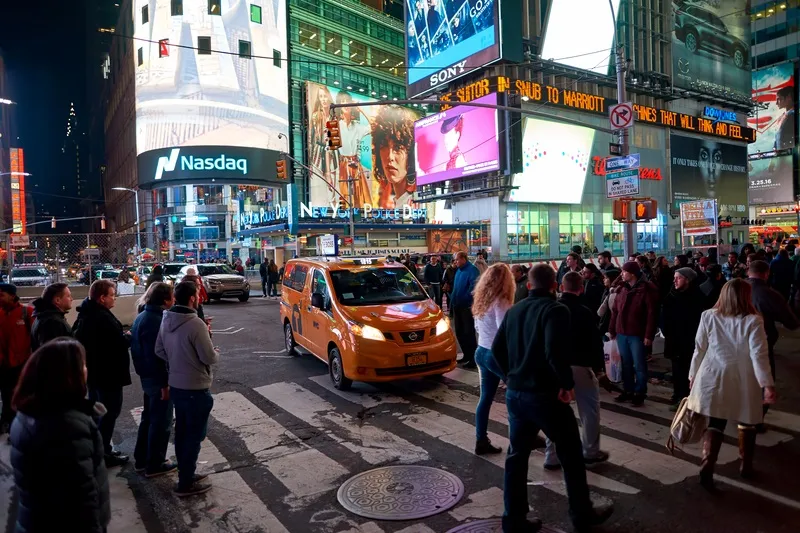Analysis by the Institute of Advanced Motorists (IAM) has found that human factors continue to significantly outweigh other reasons for crashes on British roads, and have called again for drivers to look on improving driving skills as part of their lifelong personal development.
The figures from the Department of Transport show that in 2014 driver/rider error or reaction were cited as contributory factors in 74 per cent of accidents, involving more than 117,000 casualties. Some 20,830 of these were in Lo
October 12, 2015
Read time: 2 mins
Analysis by the 6187 Institute of Advanced Motorists (IAM) has found that human factors continue to significantly outweigh other reasons for crashes on British roads, and have called again for drivers to look on improving driving skills as part of their lifelong personal development.
The figures from the Department of Transport show that in 2014 driver/rider error or reaction were cited as contributory factors in 74 per cent of accidents, involving more than 117,000 casualties. Some 20,830 of these were in London alone.
Police can cite up to six factors for the cause of each accident they report. The second highest factor was ‘behaviour or inexperience’ which was cited as a contributory factor in 26 per cent of accidents, accounting for more than 40,000 casualties. In London the number was 9,508.
Injudicious action contributed to 25 per cent of crashes, resulting in 39,354 casualties. Other contributory factors include impairment or distraction, road environment and vehicle defects.
Neil Greig, IAM director of policy and research, said: “People often blame their car, the road, or the other driver for the accidents and near misses that they have. These figures show that in the vast majority of cases, it’s the driver or rider themselves who is to blame. Changing attitudes is the key factor when it comes to reducing the numbers of casualties on our roads. People must accept responsibility for enhancing their own skills and recognising their limitations. It is not enough to leave people to their own devices once they have passed their test. Like so many other areas of life extra coaching pays dividends – and for a driver or rider, that means keeping their skills fresh by continuous assessment.”
The figures from the Department of Transport show that in 2014 driver/rider error or reaction were cited as contributory factors in 74 per cent of accidents, involving more than 117,000 casualties. Some 20,830 of these were in London alone.
Police can cite up to six factors for the cause of each accident they report. The second highest factor was ‘behaviour or inexperience’ which was cited as a contributory factor in 26 per cent of accidents, accounting for more than 40,000 casualties. In London the number was 9,508.
Injudicious action contributed to 25 per cent of crashes, resulting in 39,354 casualties. Other contributory factors include impairment or distraction, road environment and vehicle defects.
Neil Greig, IAM director of policy and research, said: “People often blame their car, the road, or the other driver for the accidents and near misses that they have. These figures show that in the vast majority of cases, it’s the driver or rider themselves who is to blame. Changing attitudes is the key factor when it comes to reducing the numbers of casualties on our roads. People must accept responsibility for enhancing their own skills and recognising their limitations. It is not enough to leave people to their own devices once they have passed their test. Like so many other areas of life extra coaching pays dividends – and for a driver or rider, that means keeping their skills fresh by continuous assessment.”







